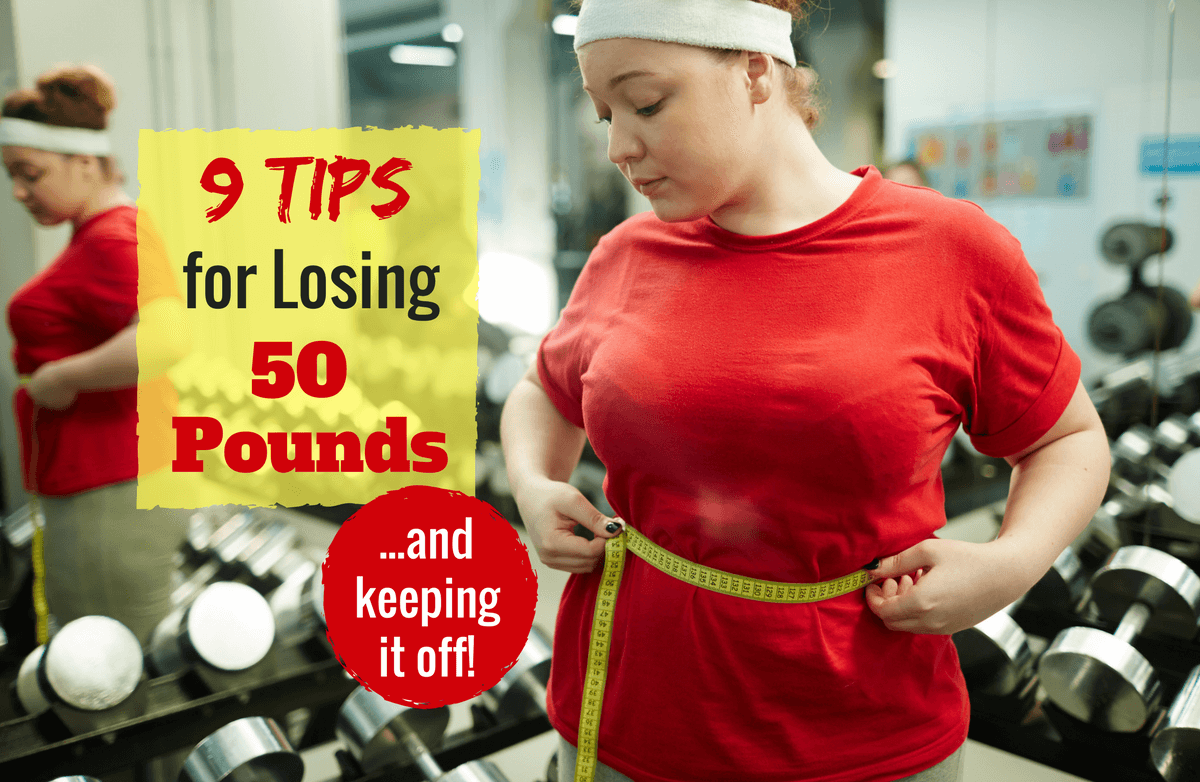|
Wouldn’t it be great if there were an easy-to-use, moderately priced weight loss tool that told you exactly how many calories you burned each day, how many you ate, and what your real calorie surplus or deficit is? That would sure take a lot of the mystery and confusion out of the business of losing or maintaining weight. Right now, all the numbers you get from exercise machines, online calculators, and even heart rate monitors come from general formulas based on statistical data from large numbers of people. Since no two people are exactly alike, these general estimates can be, and usually are, inaccurate—sometimes by as much as 30-40%. And food trackers, of course, are only accurate if you record everything you eat. Well, there is a device that claims to come pretty close to solving these problems. If you watch "The Biggest Loser" on NBC, you’ve probably seen it on the contestants—it’s called the bodybugg. The bodybugg is owned and sold by Apex Fitness, the same company that owns the chain of gyms called 24 Hour Fitness, which is also a major sponsor of "The Biggest Loser" show. For current pricing and information about what you get for your money, you can check the company's website. The bodybugg system consists of two parts. The first is an armband sensor that collects several kinds of information about you as you go through your daily activity, and uses it to estimate your calorie expenditure during both your exercise and the rest of your daily activities; you can also get an optional wristwatch-style display that shows you the numbers. The second part is a computer software program that does some math, based on the armband data and other information you provide, to figure out how much you must have eaten in order to produce the changes in your body weight observed over any given period of time. It also tracks your numbers over time and has some other features. Basically, it's the opposite of the traditional method of tracking your food intake carefully, and estimating your calorie expenditure. In theory, the bodybugg eliminates the need for tracking your food intake (check out the video on their website, which claims "Don't want to track your food? You don't have to!") and counting calories in versus calories out. Bodybugg's gadgets and formulas and software would do all this for you. All you'd need to do is wear the armband most of the time, spend a little time on the computer, and adjust your food intake or your exercise until your calorie deficit is what you want it to be. You also have to pay monthly fees ($14.95 right now) for the online software to work, without which, the Bodybugg is not very useful. That's how it works in theory. But does it actually work in real life? To fully explain and analyze the bodybugg program, it would be necessary to discuss some pretty technical stuff that, I imagine, won’t appeal to very many readers. It doesn’t even appeal to me, and I like this kind of stuff. So, I’m going to go straight to my conclusions first, and then finish with the technical part. For those of you who want to look at the technical issues in even more detail, I’ll provide some links at the end of this blog. Bottom Line: I don’t think the bodybugg is quite ready for primetime. It could be, with some changes in its technology and software program. But as it stands, it basically seems to create more opportunities for errors to be made, rather than fewer opportunities. Here are the two major problems I see with the bodybugg program: Lots of factors affect your weight at any given moment, and many of them have nothing to do with whether you are gaining, losing or maintaining body fat. The bodybugg system has no way to sort these different factors out or determine what has actually changed when the number on the scale changes. It simply assumes that all weight changes are based on the difference between calories in and calories out. So, if you lose a pound, the system will tell you that you ate 3,500 fewer calories than you burned since your last weigh in, whether you did or not. Arguably, the system could be fairly accurate over a long period of time, like a month or more, because more time between weigh-ins would tend to minimize the effects of short-term factors (like water-weight fluctuations) on weight changes. But then there would be no way to figure out which foods or meals are producing the calorie excess or deficit. And it’s not going to tell you if you gained or lost muscle as well as fat. Although it takes a little time and effort, I think actually tracking your food intake is the easiest way to win "the numbers game" of weight loss. And it also allows you to see your nutritional status, find out what kind of nutrient ratios help you achieve your particular goals, and genuinely learn where calories and nutrients come from. I can’t see giving all that away for an estimate that’s bound to be much less accurate. The bodybugg website does have a food tracking feature, but it's being marketed as an alternative to calorie counting and tracking. The bodybugg sensor doesn’t include a heart rate sensor. Instead it uses an accelerometer to measure motion, a heat flux sensor to measure heat dissipated by your body, a galvanic skin response sensor (a “lie detector”) to measure sweat rate, and a skin temperature sensor to track changes in your body’s core temperature. All of these factors are definitely relevant to calculating calorie expenditure, but none of them measure it either directly or indirectly. According to studies, this combination of measurements can predict calorie expenditure with a 8-10% margin of error, compared to the “gold standard” methods used for laboratory-based measurements of metabolic rate. This means that, for estimating exercise calories burned, the bodybugg armband is no more accurate than a good heart rate monitor--but it does have more limitations due to the specific factors it looks at. For example, the armband can’t be used to estimate calorie expenditure when biking on a real bike, because the accelerometer can’t take gearing into account or allow for the fact that arm movement isn't an indicator of body movement or muscle workload on a bicycle. And the armband can’t be worn in water. Basically, the bodybugg will probably be less accurate than a heart rate monitor for exercises other than walking, running, stationary cycling, and stair climbing. Some of these problems could be eliminated or reduced by incorporating a heart rate sensor into the armband sensor, and adjusting the algorithms it uses to include more exercise options. But unless (or until) that happens, I don’t think the bodybugg system offers more than you can get for a lot less money elsewhere. Also, you should know that, whenever you’re not wearing the bodybugg, or when it’s not recording data for some reason (low battery, just not working right, etc), the computer system makes its own estimate of your calorie expenditure, using the same generic formula that almost all other online calculators use to estimate your resting metabolic rate—for free. Is it easy to use? I actually tried the bodybugg myself for a few weeks and have to say I found the armband uncomfortable to wear for very long. Also, it frequently shut itself off for no apparent reason. This was a “free sample” sent to us for testing purposes, so I didn’t make much effort to figure out whether there was something wrong with my particular unit, or whether the problems were caused by something I was doing wrong or due to the design of the armband itself. But I generally found it hard to use, and would have been unhappy if I had actually paid for it. The website seemed pretty well done, and if the two major problems described above were worked out so that the calorie deficit/surplus number was reliable, I think the bodybugg could be a pretty effective and motivational tool. But it's not there yet, in my opinion. For a detailed review of major studies on the bodybugg's accuracy, go here. What do you think about the bodybugg? Have you tried it? Do you think it would be worth $300-400 for a tool that actually could tell you what your calorie deficit (or surplus) is on any given day? Editor's Note: Thank you so much for your lively comments on our review of the bodybugg. Our blogger, Coach Dean, has researched and followed the bodybugg for a few years. He had been reading about and researching this product and similar products long before he tried this one. If anything, this is the most unbiased information about how the bodybugg works because it doesn't come from people who are trying to sell it to you. We consider this to be unbiased, informative, and well-researched by a person who is an expert in exercise and physiology. Fans of the bodybugg might not like to hear the facts, but learning how the device works shouldn't diminish whether a person who already uses it find it to be helpful as it is. And ultimately, please remember that a review is the opinion and experience of one person. You are entitled to your own opinion, based on your own experience. Cheers, Stepfanie p.s. Please remember that the SparkPeople Community Guidelines apply to comments left on the dailySpark. |
More From SparkPeople
|





.png)






.jpg)


